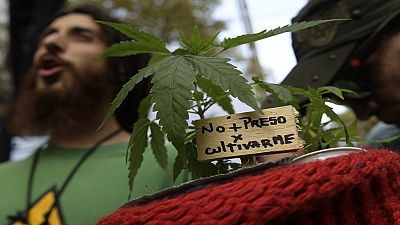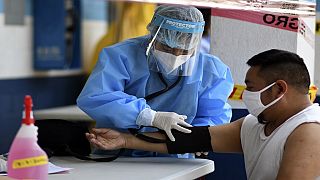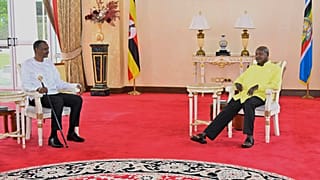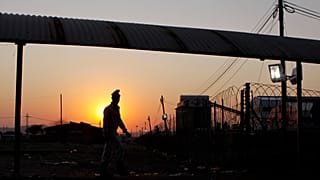Cannabis
The United Nation. Commission on Narcotic Drugs voted Wednesday to remove cannabis and cannabis resin from a category of the world's most dangerous drugs, which could impact the global medical marijuana industry.
“The vote today is the result of the Commission’s intensive and detailed consideration of these very complex recommendations during the last two years”, as the Chairperson, Ambassador Mansoor Ahmad Khan of Pakistan pointed out.
Following a critical review of cannabis by the Expert Committee on Drug Dependence, WHO submitted in January 2019 to the Commission eight recommendations on cannabis and cannabis-related substances. After intensive considerations, the Commission decided today (by 27 votes to 25 and with one abstention) to delete cannabis and cannabis resin from Schedule IV of the 1961 Convention. These substances remain in Schedule I of the 1961 Convention and thus remain subject to all levels of control of the 1961 Convention. The Commission decided not to follow the other recommendations made by the WHO, so that the schedules regarding the respective substances will otherwise remain unchanged.
The Vienna-based U.N. agency said in a statement that it had voted 27-25, with one abstention, to follow the World Health Organization's recommendation to remove cannabis and cannabis resin from Schedule IV of the 1961 Convention on Narcotic Drugs, where it was listed with heroin and several other opioids.
The drugs that are on Schedule IV are a subset of those on Schedule I of the convention, which already requires the highest levels of international control. The agency voted to leave cannabis and cannabis resin on the list of Schedule I drugs, which also include cocaine, Fentanyl, morphine, Methadone, opium and oxycodone, the opiate painkiller sold as OxyContin.
Wednesday's vote therefore does not clear U.N. member nations to legalize marijuana under the international drug control system. Canada and Uruguay have legalized the sale and use of cannabis for recreational purposes, but many countries around the world have decriminalized marijuana possession.
The schedules weigh a drug's medical utility versus the possible harm that it might cause, and experts say that taking cannabis off the strictest schedule could lead, however, to the loosening of international controls on medical marijuana.












02:20
'Everything was removed': Gambians share pain with FGM ban in balance
01:14
UN calls on both authorities in Libya to protect rights of migrants
01:00
Nepal: Watch cannabis rituals unfold during Shivaratri in Kathmandu
01:03
Goma residence not optimistic about peace as MONUSCO chief visits
01:29
United Nations wants 'security guarantees' to monitor DR Congo ceasefire
00:51
South Africa to withdraw troops from UN mission in DR Congo